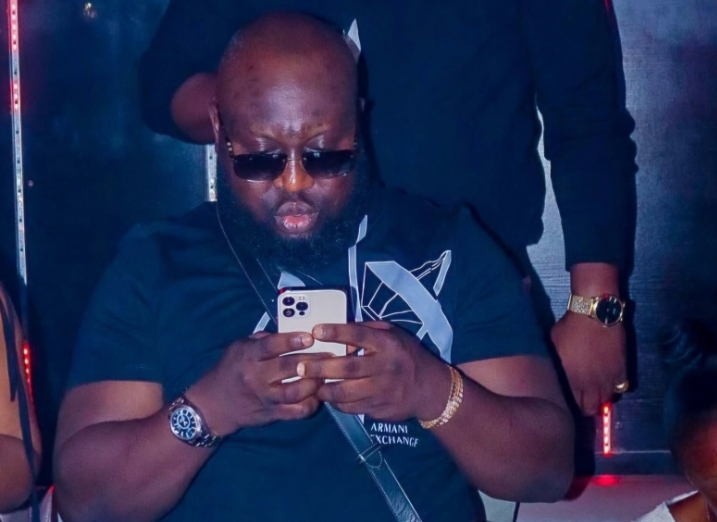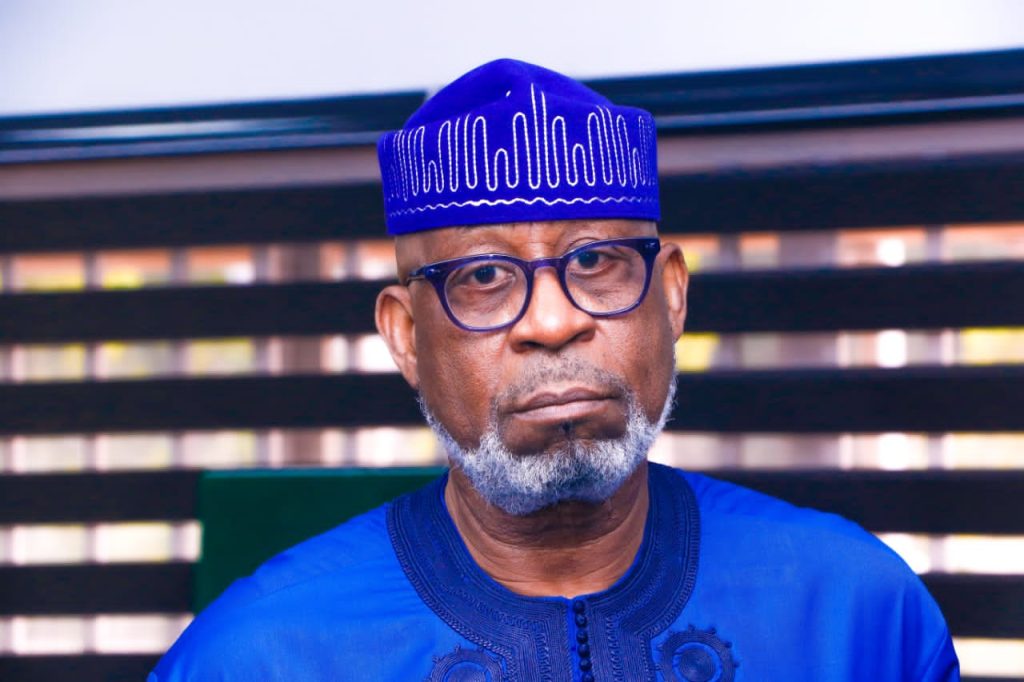Kelly Samuel is into the social care business and is the Chief Executive Officer (CEO) of a domiciliary care agency, Visiting Angels in Manchester West, United Kingdom. In this interview by Segun Kasali, she speaks about her upbringing, her work, among others.
Were you born with a silver spoon?
I won’t say we were the poorest or something. Growing up, we had opportunities more than an average person. My dad lived in the United Kingdom. He went there to school and was sponsored by the British government. He got his scholarship with his younger sister and they both came to the UK in the 60’s. I think he returned to Nigeria in 1979. So, I have tasted both. I have tasted both the good and bad parts.
Tell us about those good and bad parts.
My dad got a job in a sawmill in Ijebu Ode in Ogun State, which was quite remote from where we were schooling and all the people living in that village were mostly whites or foreigners. We used to go on weekends to see Dad. So, the drivers would come, pick us up and take us there. That went on for a while.
One day, somebody came over in the middle of the night and said you need to leave now otherwise your lives would be in danger. I think I was about eight years old. We had to leave impromptu. We moved to Ibadan and that was when the whole reality kicked in. My dad was without a job for a year but went out doing other things. It wasn’t long after his previous job called him back. And then, we moved again to the staff quarters.
So, I pretty much grew up in Jericho, Ibadan. From there, we moved to Kaduna for about four years. After my school, I moved to Abuja to join the customs, but it wasn’t long before the opportunity to go to the United Kingdom came.
Why the customs?
I have been a disciplinarian over time. Being a customs officer sort of appealed to me in that sense. I felt this was where I belonged, having seen them in a uniform. Initially, I was supposed to be a nurse. The opportunity came but my dad did not allow me. Then, I moved to Abuja with my uncle.
What traits did you take from your mum and dad?
I took hard work from my dad. He was so relentless. My mum was a serial entrepreneur. My mum had a hotel, restaurant, and beer parlour. I saw that in myself. As the opportunity to the UK presented itself to me, I have done anything you could think of. Unfortunately, my divorce cost me so much because I literally started from scratch. I would be honest, my dad did not know when I was leaving Nigeria for the UK. He thought I was in Lagos.
Why did you not tell him you were leaving for the UK?
Because I knew the moment I told him, he was probably going to say no. My mum knew only three days before. He later found out. When I went, I gained admission to study social care.
How would you describe your personality?
(Laughs) You need to ask my kids. I don’t like lazy people. I don’t like people who see opportunities but do not grab them. What I am doing now is my retirement plan. By the time I am 60, I would do a lot of things in Nigeria.
What is that thing people don’t know about you?
I would probably say I try not to be an open book but I can’t help it. I have been accused of speaking only to high-class people. I was born with a disease that potentially I was not supposed to be here. I have four years to be 60, and basically, I am still alive. Glory be to God. My sister is gone. My twin brother is gone with the same illness. So, it pisses me off when I see people without health conditions still cannot grab opportunities when presented. All they need to do is pick up the phone and say, may I do this? If you don’t even know your way around it, research it, break down the walls, fight away and use the energy you have. I don’t give respect to people like that.
What do you think about the popular saying what a man can do what a woman can do better?
We were brought up to think men are powerful and would do better than us or men have that strength that women don’t have.
Tell us about your charitable efforts.
I give out my time for voluntary activities. I support people’s financial needs and many others because it involves every one of us to make the world a better place.
What is your regrettable moment?
When I was much younger, there were things I wanted to do but did not fulfil them. I allowed someone to use his influence to stop me from moving forward in that business. He left me later on anyway. I could have become a millionaire then if I had continued in that way.
What is your assessment of social care in Nigeria?
I see things on social media where older people are begging for money. In the UK, you can’t see them on the streets because there is a welfare plan for them to give them money. There should be a system in place where people who are over 60 get a stable income, not a pension. Pension apart. They need to give them extra money for upkeep. It is either they use that money to employ somebody to take care of them or you give it to them for maintenance.
Before this, I used to work for an agency called Apex, which used to send domiciliary care workers. They used to send me to forensic services to work as a carer. At a time, there was hardly such business, unlike now that it is oversaturated.
How did you come about the social care business?
The business came from me being a social worker. I have been a social worker for 26 years now. Before I qualified as a social worker I worked for an agency called Apex. I registered with them while I was a student. They used to send me for forensic and other services to work as a carer. While all that was going on, I was studying. When I finished studying, my eyes opened to this particular business at a time when there was hardly any agency around. Now, it is oversaturated and everybody is opening one. I particularly want to open it because I worked in a dementia crisis team. So, within the team, we worked 24 hours a day, seven days a week.
Was there any unforgettable event while working there?
I was on duty one Sunday and the phone rang and this lady said my husband blah blah blah. I went out with the police to see him. This woman had been driven out of the house by her husband because he woke up in the morning but didn’t recognise the woman. He saw her making breakfast and asked who are you. What are you doing in my house? She said I live here, babe. This is our house.
But, he said he didn’t know who she was. She said I am Margaret, your wife. He said you are a liar. You are not Margaret and then he went in and brought a stick and started hitting this woman. She ran out from the back door into the street in her pyjamas. She ran into the neighbour’s house and that was where they rang us from.
How did you respond to the couple’s situation?
When I came out, I had to section this man. For my master’s degree, I studied mental health law and that gave me the opportunity to represent the Secretary of State. If we find somebody who is guilty, we have to go to court.
READ ALSO: My mission is to make women powerful, attractive ― Maryam Adamu

 4 hours ago
7
4 hours ago
7













